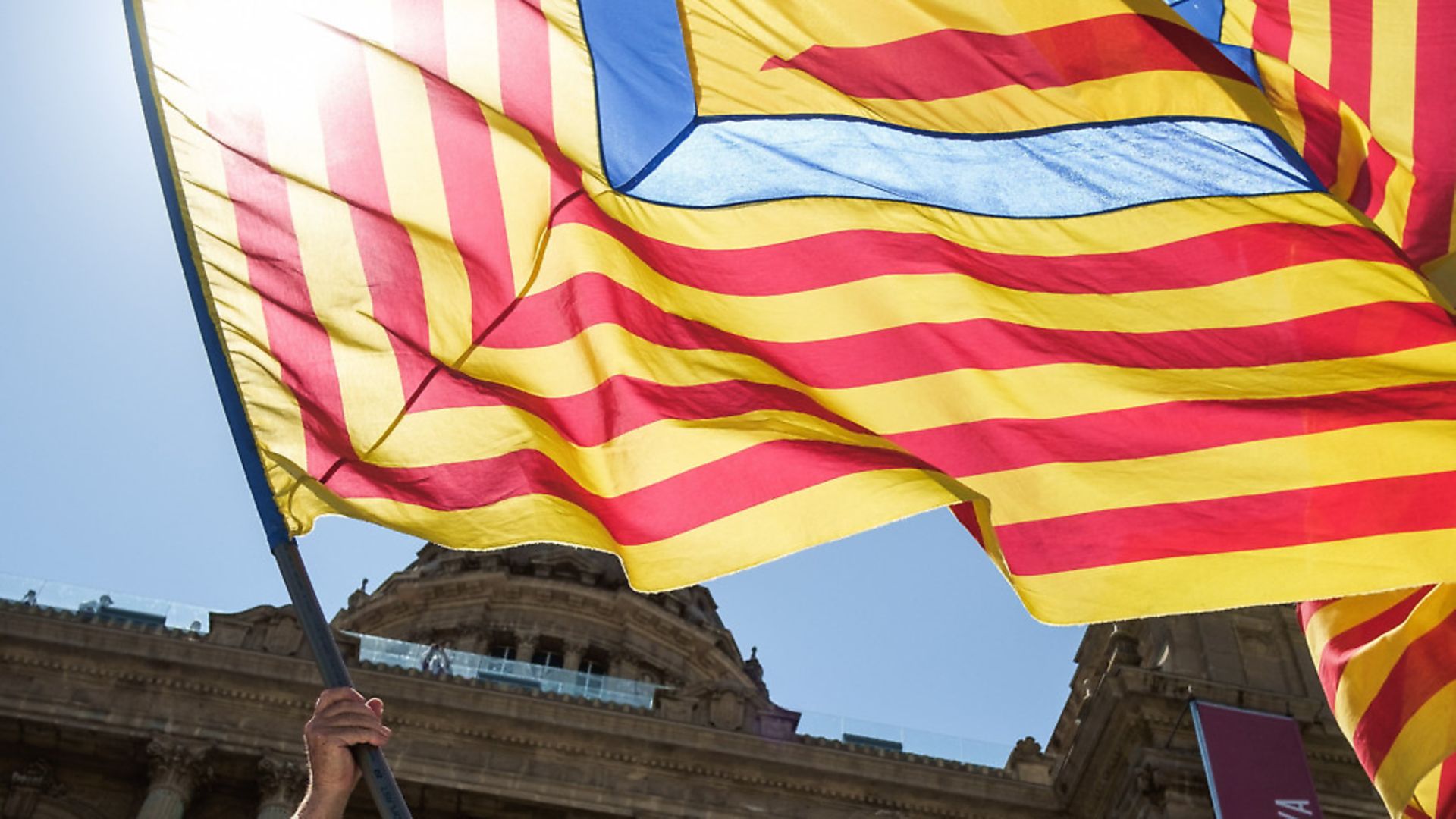
Prime minister Pedro Sánchez’s government will pardon the nine jailed leaders of Catalonia’s failed 2017 independence bid.
During a speech in Barcelona’s opera house attended by around 300 members of Catalan civil society, he said “I am convinced that getting these nine people out of prison is a clear message of concord.”
Twelve separatist leaders were convicted of sedition and other crimes. Nine of these were handed lengthy prison sentences after they continued plans for a banned secession referendum and then declared independence after its results a few days later. Many unionists boycotted the vote, which was met with police action intended to stop it.
Oriol Junqueras, the former regional vice president, is the highest-ranking of these imprisoned officials. He feels that the pardons “show the weakness of the state’s apparatus” and believes that the timings suggest the government fears the higher European courts will soon overturn the separatists’ convictions anyway.
Several hundred separatists protested outside the event, still demanding more concessions. One member of the audience heckled Sanchez shouting “independence”.
The prime minister closed his address by saying “Catalonia, Catalans we love you,” in Catalan, standing in front of the Spanish, EU, and Catalan flags.
Polling shows that 60% of Spaniards are against freeing these nine Catalan leaders, who were sentenced after their short-lived declaration of independence.
Among the country’s youth, support for independence has been declining over the years. Recent polling found that 39.1% of 18-24-year-olds support independence and this number rises slightly for the 25-34 age group where 42.7% agree with the separatists.
However, back in 2018, 53.6% of 18-24 year-olds believed Catalan should be independent with 25-34-year-olds showing similar levels of support at 51.6%. Leaders of the movement have been cautioned to no longer take the support of the younger generations as certain.
Critics said that this is Sànchez’s first step in ending the political conflict with the wealthy region. They describe it as a political gamble in an attempt to secure his legacy, weaken the independence push, and resolve the biggest political issue the country has faced in decades.
“We don’t expect that those seeking independence will change their ideals, but we expect they understand there is no path outside the law,” he said at the same event in Barcelona.
He added: “To reach an agreement someone must make the first step. The Spanish government will make that first step now. The social cost of keeping the conflict simmering was too high.”
Pere Aragones, Catalonia’s separatist head of government, told Reuters that the pardons would be a welcome first gesture to start a dialogue, but considered them inadequate on their own. He also requested amnesty for all those involved in the 2017 events, which may include up to 3000 people.
Warning: Illegal string offset 'link_id' in /mnt/storage/stage/www/wp-includes/bookmark.php on line 357
Notice: Trying to get property 'link_id' of non-object in /mnt/storage/stage/www/wp-includes/bookmark.php on line 37






